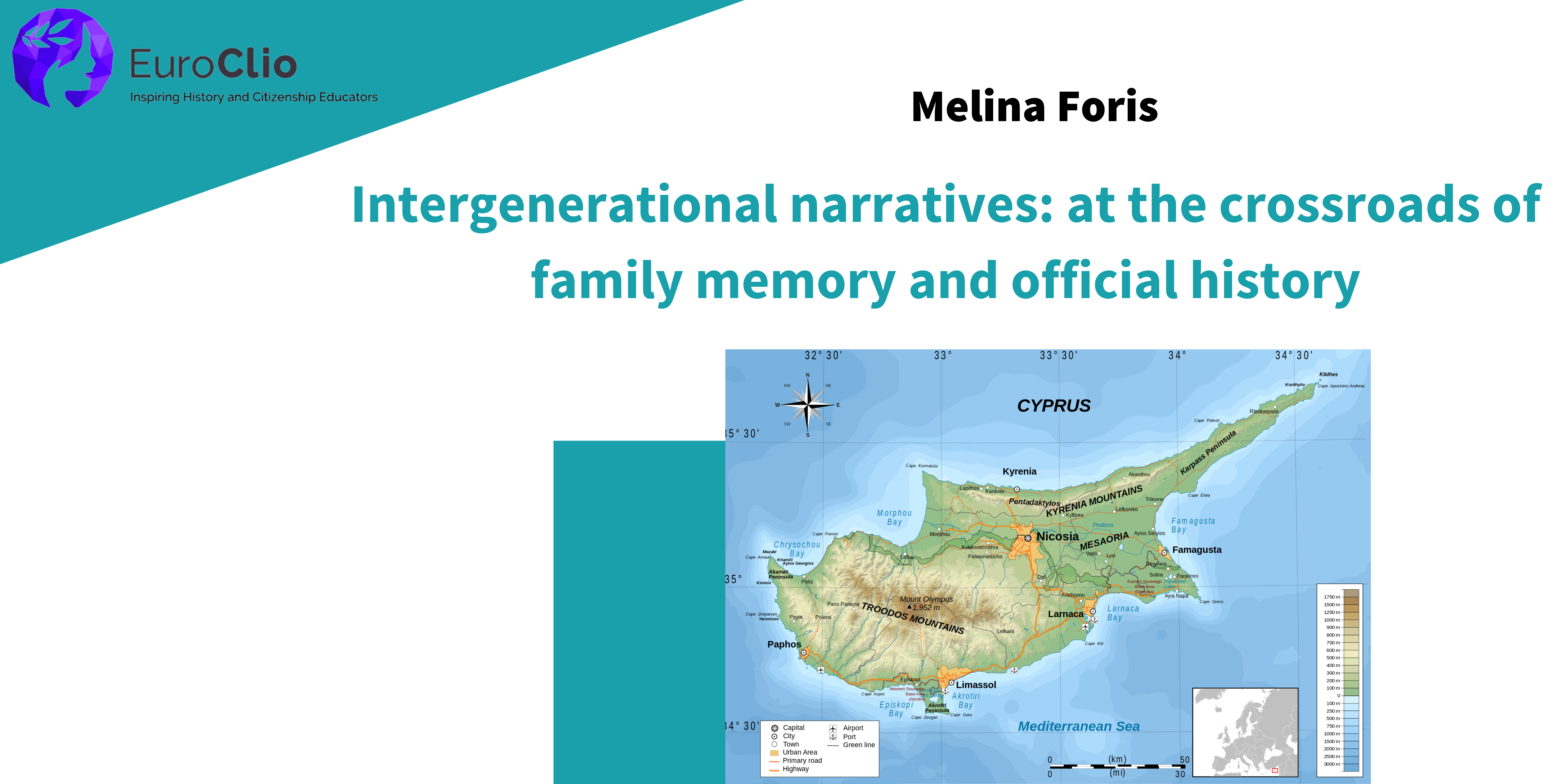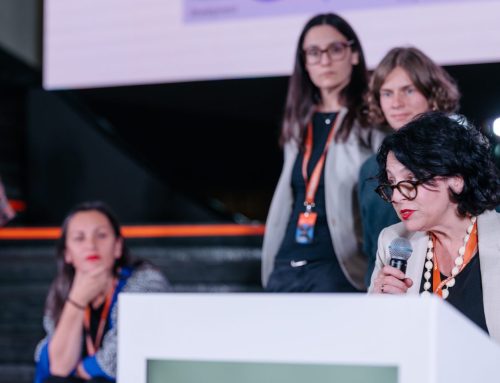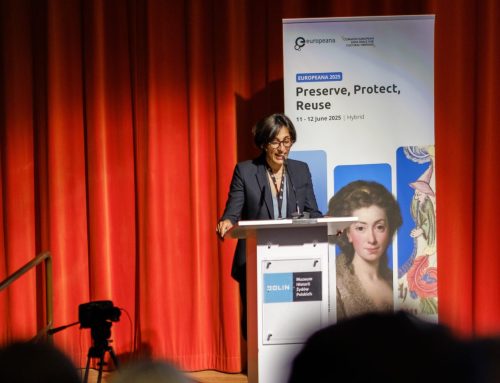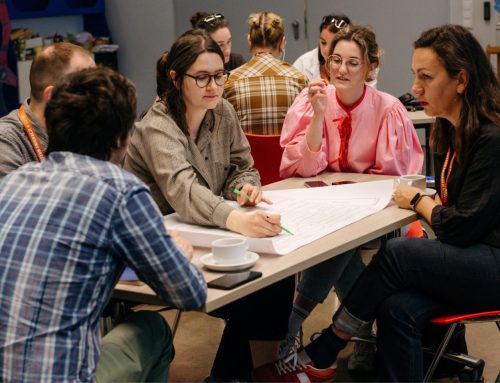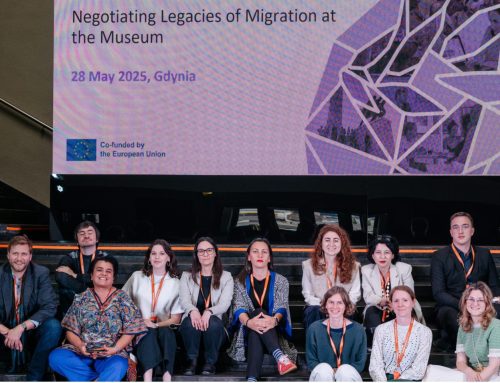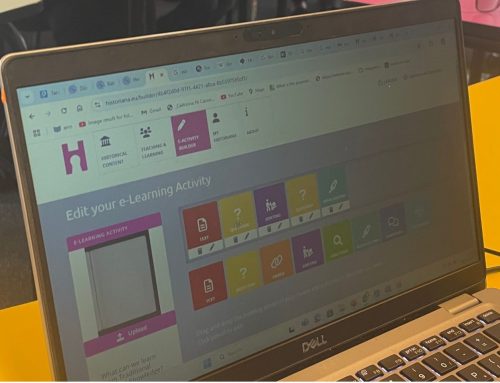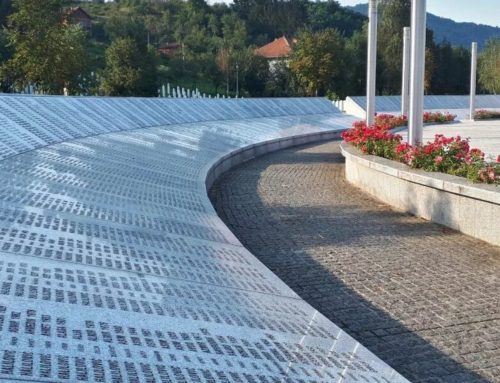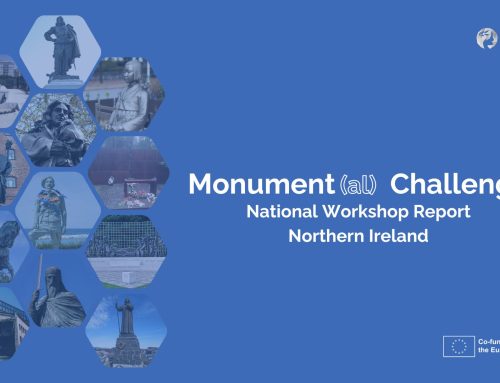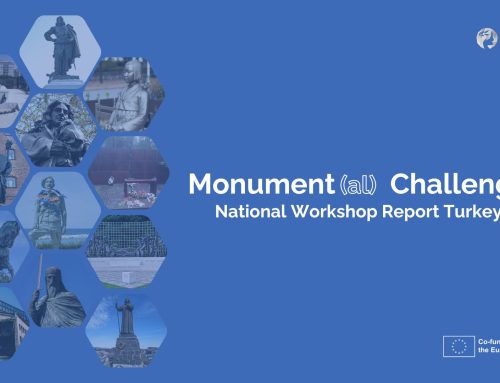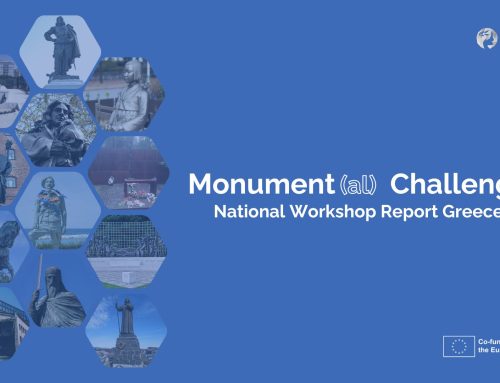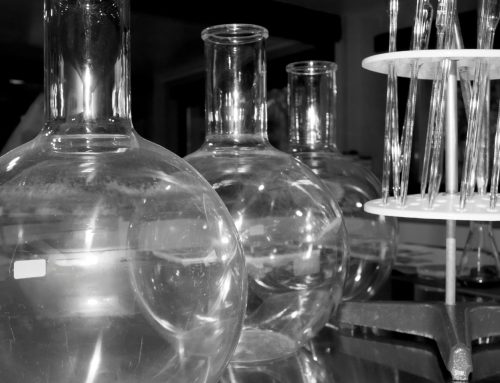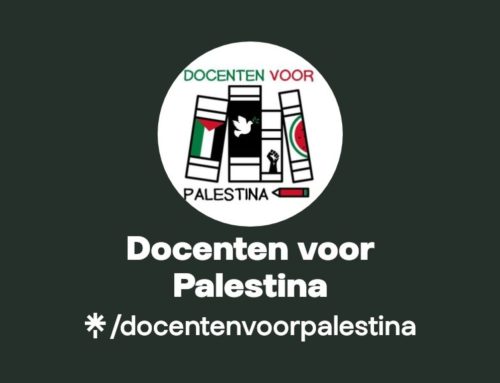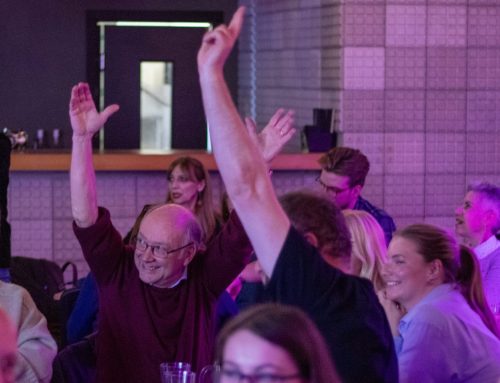My study* sheds some light on the role family can play in children’s learning about the past, especially in conflict settings like Cyprus. It seeks to open-up this research area, which has not been covered before by Cypriot researchers and to complement existing worldwide research on how family memory relates to children’s history learning. It is focused on close family members such as parents and grandparents to understand how their memories and beliefs are shaped by the past and explores how they built their stories about the traumatic events of 1974 they survived (coup d’état and Turkish military invasion) and communicate these to their (grand)children. It shows that these Greek-Cypriot survivors demand their own voice when talking about 1974 and undertake initiatives to help their children draw links between the troubled past and present.
How do family members approach the official memory as this is transmitted to their children at school about the traumatic events they survived?
Family members view the history textbook and teachers as two vehicles carrying the State’s version of the past which is expected to be transmitted to their children. For the textbook, they appear to be aware about its content and to dismiss its heroic historical narrative, challenging its selective content and frame, as well as the ‘deadening, stultifying’ language in use (Marino, 2011). Their irritation towards the textbook seems to stem from their belief that it fails to make any connections with the present and does not help their children to become interested in learning about the events of the recent past. They criticise the fact that the textbook has remained unchanged for decades, manifesting the state’s unwillingness to confront the bitter past and reinforcing the government’s political efforts to remain in power.
They propose that a liberal textbook with a multiperspectival type of story focused on local historical content which can be used in school history could make their children more involved in learning their historical past in a thorough way. They feel that a clearly defined story, with no chronological or thematic gaps which children can reconstruct in many ways, would encourage students to understand how the past is related to their present in the way worldwide research suggests; ‘ to be aware of its complexity, to have sufficient detachment to see it from multiple perspectives, to accept the ambiguities, including moral ambiguities, of protagonists’ motives and behaviour’ (Novick,1999, pp. 3–4). It could encapsulate a story that would draw links with global events, social trends and current issues enabling students to position themselves in the local and in the wider context.
In addition, the majority of family members look down on history teachers as nothing more than public servants with limited power or as government officials who take advantage of their position. History teachers are seen as instruments in transferring their experiences and political opinions about the past to their children and family members challenge the teacher’s professionalism in approaching sensitive issues about the 1974 events. They avoid having any relation with their children history teacher and asked their children not to share their family memories of the past in the classroom. However, only five parents seemed to be positively inclined towards the history teachers of their children, after noticing their children becoming interested in learning about the past, echoing existing literature, which accepts history teachers as helping students to develop historical frameworks and critical stances by connecting the troubled past to the present (Bush & Saltarelli 2000; Horner et al., 2015; McCully, Waldron & Mallon, 2020).
These Greek-Cypriot survivors of 1974, who participated in my research, not only question the official history but also demand to have their own voice when talking about the recent past. To this end, and as they appear dissatisfied with the state’s effort to claim ownership of the past while appropriating their history and ignoring them, they become involved in their children’s history learning.
How are family members involved in their children history learning about the recent past?
Storytelling about the past, attending the funeral of a person who has been missing since 1974 and visiting places with specific meaning for their family history are seen as the means family members use to communicate their memories and knowledge about the events of the past to their (grand)children, so that children could realise better the impact of the troubled past on the present.
Family members tend to narrate stories to their children about how they survived the events of the troubled past. The narration of these stories starts anywhere spontaneously or after the children request to learn about something they might have heard at school or elsewhere. As survivors narrate their personal experiences and re-live the past, I understood that they make meaning of the traumatic events of 1974 through a range of ways: by coping with the loss of their beloved persons, by reflecting on their adventure to escape from the warzone, by identifying the rivalry that was the cause of these events and by expressing their strong will to reveal the truth about the past and by supporting those who are still suffering because of the said events. In all these ways, the narrators are (or side with) the victims, the weak ones, the ones who were damaged the most because of the occurrence of these events. In existing literature, victimization, or victimhood, can be expressed in various forms such as rivalry between those who were mistreated, complaints (Hughes, 1994) and ‘politics of regret’ and ideological competition (Olick, 2016) about how to make sense of the past.
Commenting on the funeral of a person who was missing since 1974 as it is broadcasted on TV is the second activity and another stimulus for initiating talk about 1974. Some parents have purposely attended such a funeral with their children. In these cases, the adult presents the child with the opportunity to actively learn about the past, rather than just listen to stories, and to get involved in the communication of family memory and values. The same applies during the third activity family members engage in for sharing their experiences with their children; visiting areas of special interest for their family with their children. This last activity is adopted by family members to help their children develop a strong understanding about the past and about their place in their family history and in the world.
What all three actions have in common, from storytelling to attending ceremonies and visiting/re-tracing places is that they are all actions of memorialisation. Stories, ceremonies, and visiting sites are all lieux de memoire as they preserve the memories of survivors and the meanings survivors give to them as they pass them to the following generations (De Yeaza & Fox, 2013). In this respect memorialisation is not only about personal memory as it offers traces of the past enabling children to better understand the history of their family and of their place but it also becomes a demanding process through which the person who survived from a conflict becomes resilient and can recover from the traumatised past (Jelin, 2007; Hamber et al, 2010).
By revisiting places of their memories with their (grand)children, survivors of 1974 can actively help younger generations to discover the historical past, contributing to the making of family memories (Leonard, 2014; Clark, 2014; Fivush & Merrill, 2016). Through these intergenerational narratives existing literature shows, adults have been involved in communicating their family values and memories and children were able to form a sense of their place in the world and in their family, while co-experiencing memories and co-narrating events (Norrick, 1997; Amadini, 2015; Fivush & Merill, 2016). It seems that participant adults feel that intergenerational narratives could help their teenagers in the shaping of their future selves. However, it is also likely that children could become prone to adopting certain ideas about the past and to cultivate nationalistic sentiments rather than enabling them to shape a coherent understanding about the historical past. In this way, the child assumes that the memories and experiences of the past as narrated by the older person, correspond to the wider notion of remembering the past.
There is a growing concern in existing research regarding how intergenerational narratives, especially those referring to ‘collective traumatic events, particularly those brought about by political processes experienced in the past, are likely to be continually relived in the present’ (Leonard, 2014, p.66) and might influence children’s understanding of the historical past. This concern is not restricted to the fact that children are presented with certain duties to accomplish as future citizens for securing the existence of their country as they adopt their elders’ historical memories about the past (Leonard, 2014) but it also extends to the potential paving of social unrest and conflicts as these historical memories might
predispose them to believe that they have obligations in respect to the past: to remember past people, to honour those who made sacrifices for the sake of the community (…) to revenge an injustice or to undo its effects, or to fulfil a historic destiny (Thompson, 2009, p.196).
These findings indicate the need to enhance our knowledge about family-intergenerational memory and emotional issues in history learning in Cyprus and other conflict-ridden societies. This study enables us to see the importance to further investigate intergenerational narratives in conflict-ridden societies as they may help a child to become aware of social phenomena and of how to live with these in their future life, or they may distort a child’s idea about the past and may lead them to participate in social conflicts. It also points us to conduct more research to determine what impact the causes and effects of what children learn about the recent past can have on the stances they develop towards the past.
*In the context of my PhD, this study followed a qualitative research approach. Research data were collected via one-on-one semi-structured interviews with 5 history educators, 23 parents or grandparents and 10 joint interviews with (grand) parents and their children, through the methods of document analysis on the history textbook and observing classes about recent Cypriot history. Content analysis was applied to textual data. Narratives were explored as an experience and a construct, drawing on Labovian structural narrative analysis.
About the author: Melina Foris
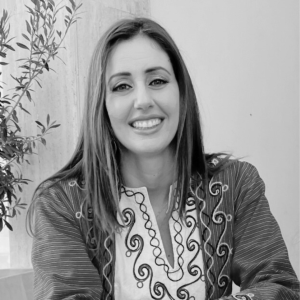
Dr Melina Foris was born and raised in Nicosia, Cyprus. She holds a Bachelor’s in History, the University of Athens, Greece; a Master of Arts in History from McMaster University, Canada; a Master of Science in Educational Research from King’s University, UK; and a Ph.D. from the Department of Curriculum, Pedagogy and Assessment, Institute of Education, UCL, UK. She is interested in exploring history education in conflict-ridden societies and in how memories and beliefs about sensitive issues and troubled events of the past are conveyed through intergenerational narratives. Over the years, she has been involved with EuroClio, taking part in a variety of projects and training events.
References
Amadini, M. (2015). Transition to parenthood and intergenerational relationships: the ethical value of family memory, Ethics and Education, 10 (1), 36-48, DOI:10.1080/17449642.2014.998022
Bush, K. & Saltarelli, D. (2000). The two faces of education in ethnic conflict: Towards a peace building education for children. Florence: UNICEF (United Nations Children’s Fund) Innocenti Research Centre.
Clark, A. (2014). Inheriting the past: Exploring historical consciousness across the generations. Historical Encounters: A journal of historical consciousness, historical cultures, and history education, 1(1), 88-102.
Fivush, R. & Merrill, N. (2016). An ecological systems approach to family narratives, Memory Studies, 9(3), 305– 314.
Hamber, B., Ševčenko, L., & Naidu, E. (2010). Utopian dreams or practical possibilities? The challenges of evaluating the impact of memorialization in societies in transition. International Journal of Transitional Justice, 4(3), 397-420.
Horner, L. K., Kadiwal, L., Sayed, Y., Barrett, A., Durrani, N., & Novelli, M. (2015). Literature Review: The Role of Teachers in Peacebuilding. The Research Consortium on Education and Peacebuilding.
Hughes, R. (1994). Culture of Complaint: The Fraying of America. New York: Warner Books.
Jelin, E. (2007). Public memorialization in perspective: Truth, justice and memory of past repression in the Southern Cone of South America. The International Journal of Transitional Justice, 1(1), 138-156.
Leonard, P. (2014). Echoes from the Past: Intergenerational Memories in Cyprus. Children and Society, 28, 66–76.
Marino, M. (2011). High School World History Textbooks: An Analysis of Content Focus and Chronological Approaches. The History Teacher, 44(3), 421-446.
McCully,A., Waldron, F. & Mallon,B. (2020). The contrasting place of political history in the primary curricula of Ireland, north and south: a comparative study, Compare: A Journal of Comparative and International Education, 1-18. DOI: 10.1080/03057925.2020.1777841
Norrick, N. (1997). Twice-told tales: Collaborative narration of familiar stories. Language in Society, 26, 199-220.
Novick, P. (1999). The holocaust in American life. Boston, MA: Houghton Mifflin Company.
Olick, J. (2016). The poverty of resilience: On memory, meaning, and well-being. Memory Studies, 9(3) 315–324.
Thompson, J. (2009). Apology, historical obligations and the ethics of memory. Memory Studies, 2(2), 195-210.

